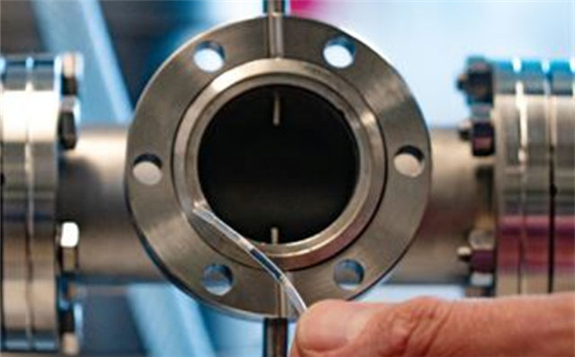Novel zero emission hybrid solar energy storage systems based on renewable materials are to be developed in the MOST project.

With the growth of energy storage to support the growing penetration of renewables, the search is on for new and more efficient technologies at both the short and long duration levels.
The MOST (Molecular Solar Thermal Energy Storage System) project, which was launched in September as a Pathfinder project with support from the EU Horizon 2020 programme, joins this effort with the proposal to develop a hybrid system offering both long term and on demand storage.
The system is based on a molecular approach that can capture solar energy at room temperature and store the energy for very long periods of time – up to 18 years – without significant losses. The project will develop the molecular systems, as well as associated catalysts and devices to beyond state-of-the-art performance and scale.
Further, the MOST system will be combined with thermal energy storage in a hybrid concept to enable on demand utilisation of the solar energy.
This hybrid structure will enable the operation of the system in two different modes, targeting different applications. In mode A, the objective is to reach a stable thermal output. In this mode, the MOST system would be used to mitigate the daily variation in solar flux which consequently leads to a variable output of the thermal storage.
In operation mode B, the system is targeting larger temperature gradients under shorter durations of time.
“I am truly excited about this project that is elevating the research from basic demonstrations towards real applications,” says Kasper Moth-Poulsen, head of the Applied Chemistry division at Chalmers University of Technology in Goeteborg, Sweden and the project coordinator.
“The goal for the project is to develop prototypes of the MOST technology to verify the potential for large-scale production and to improve functionality of the system.”
The materials production features scalable, green chemistry production routes. Further, the project will build an innovation ecosystem around the project and engage with future users of the technology in order to ensure future development and local capacity for future market implementation.
The technology is based on a specially designed molecule which, when hit by sunlight, changes shape into an energy-rich isomer – a molecule made up of the same atoms but arranged together in a different way. The isomer can then be stored for later use when needed. A specially designed catalyst releases the saved energy as heat while returning the molecule to its original shape, so it can then be reused in the heating system.
Demonstrations have included an application of the technology in a window film to absorb heat from the sun and create a more pleasant indoor climate. As an outcome, the technology is now being commercialised in blinds and windows through a spin-off company Solartes AB.
The MOST project includes academic and other partners from Denmark, Germany, Spain and UK and it will run for 54 months until February 2024.